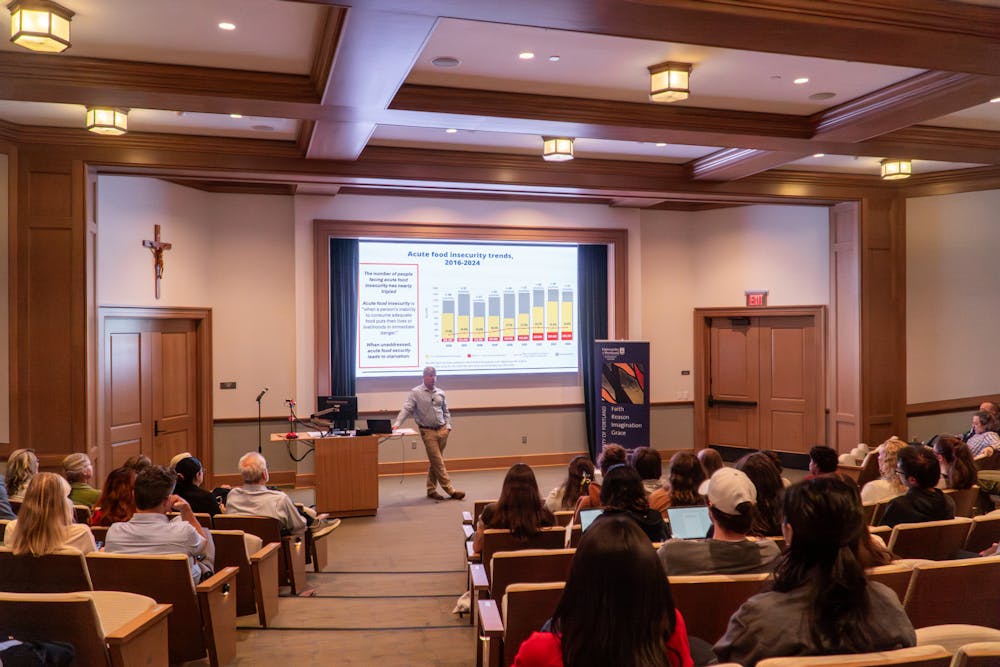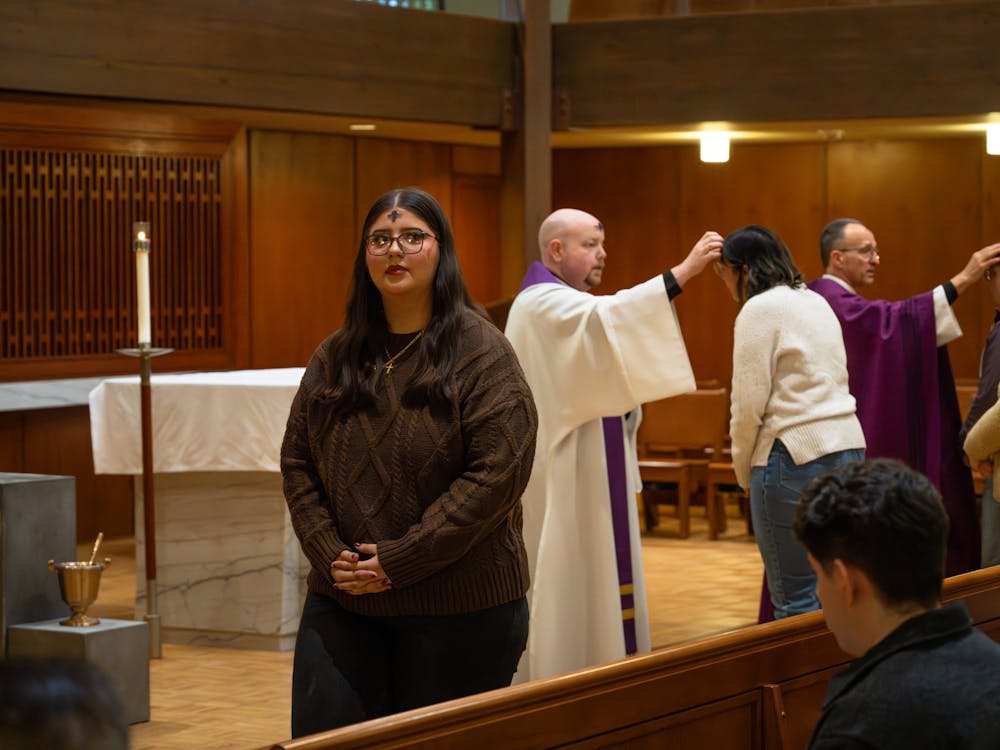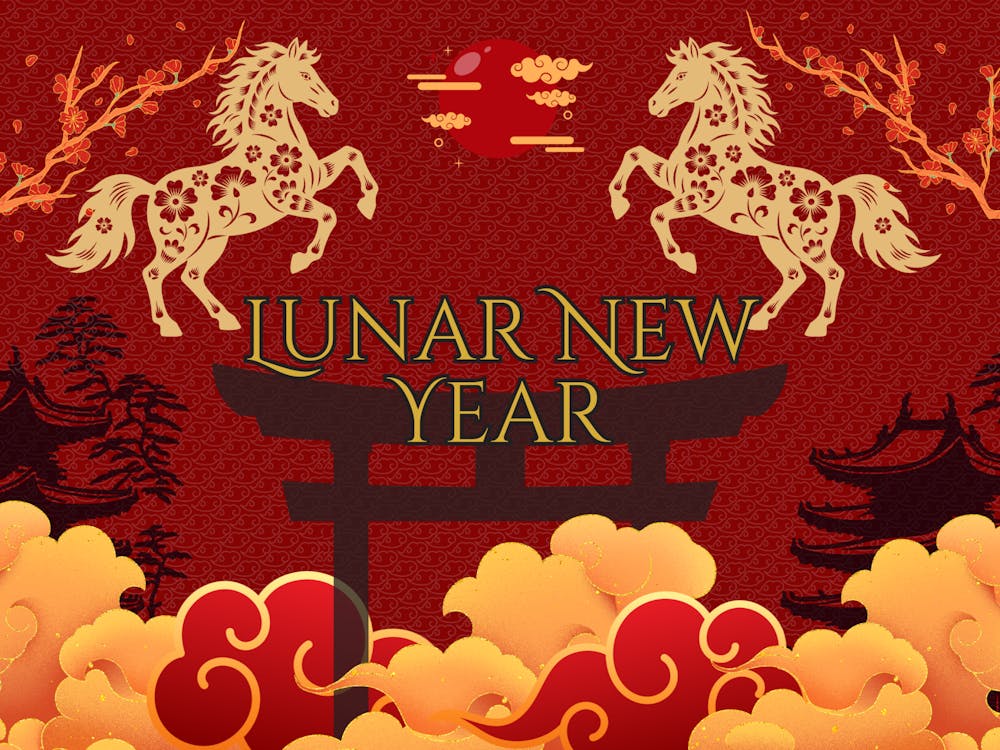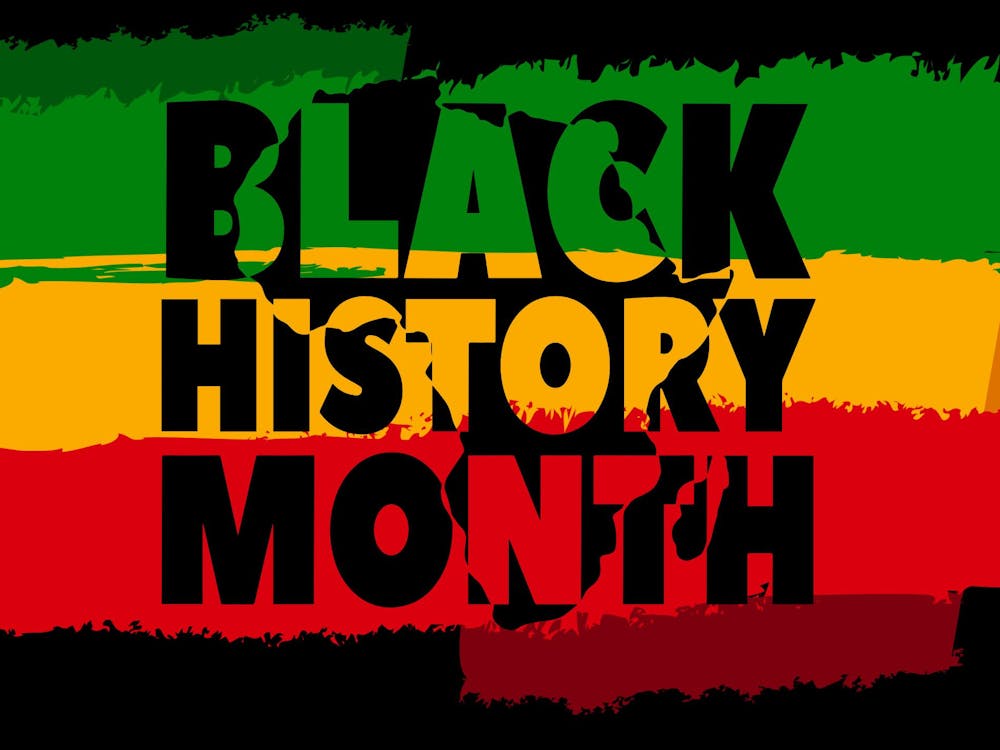As a student at the University of Washington, former Director of Strategic Partnerships at the United Nations World Food Programme David Austin spent a summer in children’s homes. After realizing the kids were “so fun and full of life,” he discovered the altruist work that marked his career.
Since then, he has held a variety of roles across government, nonprofits and the private sector, where he's applied his gifts in diplomacy to make meaningful impacts on global issues like hunger, freedom and poverty. He earned his MBA from the University of Portland in 2013.
On Oct. 2, the Garaventa Center welcomed Austin at the Brian Doyle Auditorium to present “Feeding the World: Insights from the United Nations World Food Programme.”
The hour-long lecture was free and open to all, and included a Q&A session at the end. Some of the attendees included students, staff and faculty, as well as other close friends and acquaintances of Austin.
A recording of the lecture can be found here.
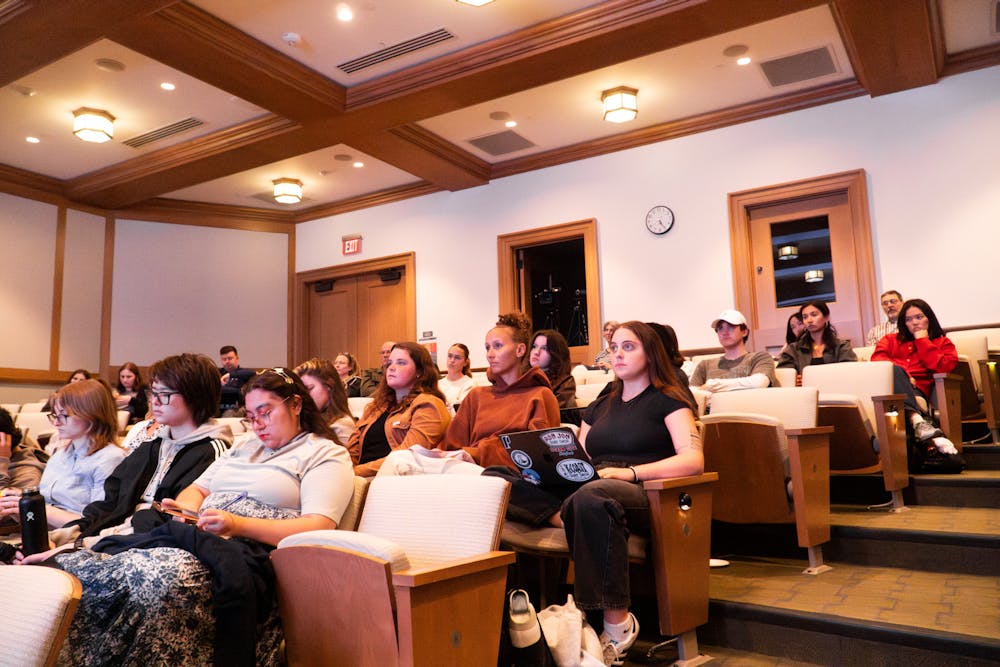
Below are selected quotes from the lecture.
On hunger
“[The world] went from 75% [of extreme hunger] down to about 50% in 140-150 years. Then from 1965, in a 25-year period, we went from 50% to 30%. That is a huge social transformation.
“In 1990, going forward another 25 years, it went from 30% to 9%. This is the greatest social transformation in the history of the world. Hunger has gotten much better.”
On global food security
“[The Democratic Republic of Congo (DRC)] is about three times the size of Texas, has a tropical climate, has plenty of water, plenty of agricultural land and plenty of poverty. It has a lot of the necessary ingredients to be a thriving country [...] Its agricultural land is completely underutilized.
“The Netherlands is about 2% the size of the DRC and it exports almost a hundred billion dollars of food a year. In World War II they lived in a climate of severe conflict. The Nazis occupied them, destroyed infrastructure and then starved them for the last year and a half of the war. At the end of the war, the Dutch government said, ‘We will not allow people to go hungry again,’ and they elevated food security to one of their top national priorities.
“The people who lived in closed societies, the impact of political oppression and the impact on hunger is directly related.”
On freedom’s effect on hunger
“Instituting those reforms, which could mean transparency, ownership, accountability and a free press. Those are critical to maintaining economic freedom, the reduction of poverty and the ending of hunger. Amartya Sen wrote a paper that said when these freedoms are in place, you end hunger. His famous quote says, ‘We’ve never seen a famine in a functioning democracy with a free press.’
“The freest countries of the world are also the greenest and most environmentally responsible countries of the world, according to the U.S. News and World Report.
“Freedom is more space for people to own their labor, own their output and own their land. And when they have control of that, they are able to feed themselves, and they are able to start to invest their resources into things that bring return back to them.
“The big factor for food security in the world is political freedom.
“How do you make [food production] fairer? The way you make things fair is you make things freer. Freer trade is fairer trade.”
On Faith
“God cares a lot about the poor and the hungry. And there’s thousands of references in the Scriptures.
“Faith drives so much of what we do, especially in the humanitarian community. That doesn't mean you have to be a Catholic or a Protestant or Jewish, but so many of the best people that I've ever met, who are putting their lives on the line in the name of peace, using food or development tools to do that, they are driven by a belief in something greater than themselves.
“The first thing God speaks to the man he has created, the man in the garden with hunger already a part of him, is: You are free to eat. Freedom and food and hunger are all interrelated and connected into our relationship with God.”
On questions from the public
“Last week, [the] USDA canceled what's been an annual report on hunger in America …Why do we not want information? Why are we stifling information? Especially those of you in college should be asking those questions. You should be calling your congressman. You should be writing about it. You should be sharing that information. I'm really concerned about the way information is being stifled.
“If we see the squashing of First Amendment rights on freedom of expression, and we see the squashing of the Fourth Amendment rights on due process, what makes you think that they're not going to squash these other rights?
“Stability really matters in the DRC, and they don't have stability. Colonialism 2.0 is happening by China that we've seen all over Africa, it's just a new branch of a different type of colonialism where the local populations don't get to own and benefit from their natural resources, and those are policies those countries have to make themselves. We can't impose that on them, nor should we, but they're going to have to learn that lesson.”
What students thought of Austin’s talk
Students, like Ihlara Williamson and Isabella Godoy Sanchez, from the Science for Future World Leaders CORE class were in attendance. Williamson says the lecture was significant to the class’ content.
“It's relevant to our class,” Williamson said. “We're learning about all sorts of problems that are affecting our world. And hunger is definitely a very important problem. It was very relevant in today's climate.”
Similarly, Godoy Sanchez highlights the importance of students educating themselves on the topics covered in the lecture.
“It's important because a lot of the information I didn't even know myself as a student,” Godoy Sanchez said. “The U.S. produces graphs every year about the poverty line and how it correlates to hunger. So I think it's really important for students to be aware of that stuff, especially when it's things that aren't regularly taught, or you don't find them unless you're seeking for those items.”
Regina Castillo is a News Reporter at The Beacon. She can be reached at medinaca27@up.edu.



